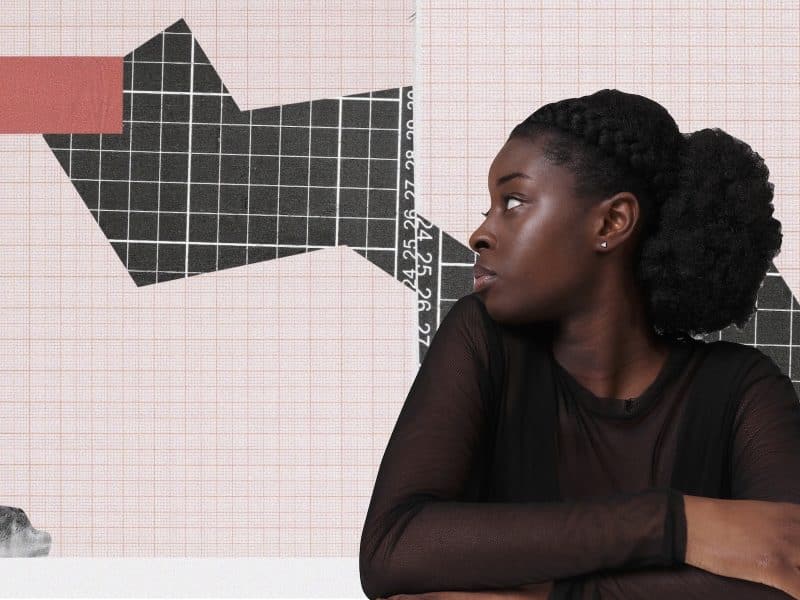From China, with love: Bringing tea culture to Detroit
From our China bureau, Marvin Shaouni reflects on his experience exploring China's tea culture with Detroit entrepreneur Joseph Uhl. He shares some beautiful photos, too.
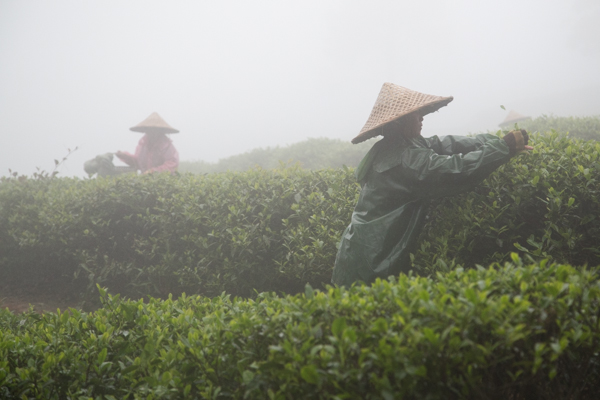
After a long and exhausting 20-hour journey from Detroit, I finally arrived at the Holiday Inn in downtown Shanghai. When I knocked on the door of room 510, a familiar smiling face greeted me.
“Congratulations, Marvin! You made it to China.”
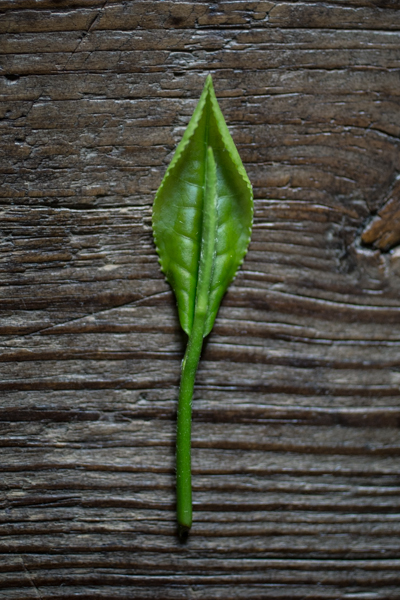
That smiling face belonged to Joe Uhl, founder of Joseph Wesley Tea, a Detroit-based company dedicated to sourcing high-quality, single-origin, estate-grown teas. For the next 16 days, Mr. Uhl would be my traveling companion and ambassador into the rich tradition of Chinese tea culture he knows so well.
We traveled to China for two reasons: I went to photograph the late spring tea harvest in some of the country’s most notable tea gardens for an upcoming book collaboration on tea culture, and Joe was there to develop new relationships with tea-growers and manufacturers with the goal of expanding Joseph Wesley Tea’s product line.
Admittedly, I didn’t really know much about tea or tea culture before agreeing to go on this journey. As a food and portrait photographer, though, I am always interested in exploring the ways in which people connect with and relate to one another, especially around food.
So, the idea of visiting China, a country with a population of 1.5 billion and an economy that is growing at a pace faster than its population can keep up with, seemed like the ideal opportunity to explore some of these questions.
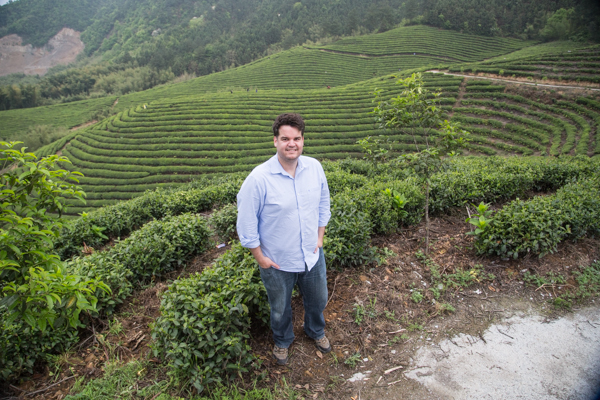
I met Joe for the first time at last year’s Holiday Food Bazaar, a roving shopping event founded by Noelle Lothamer, the co-owner of Beau Bien Fine Foods. The event is held during the winter holiday season and showcases small food-based businesses in Detroit.
Joe’s deep knowledge of tea left a strong impression with me. Yet what I found most interesting about Joe was his passion for connecting the modern world we live in today with the ancient Chinese ritual of sharing tea.
“In my experience, the greatest aspect of a well-crafted tea is not its particular flavor profile, aroma, or appearance, but rather, it is in sharing it with someone else — as trite as that may seem.”
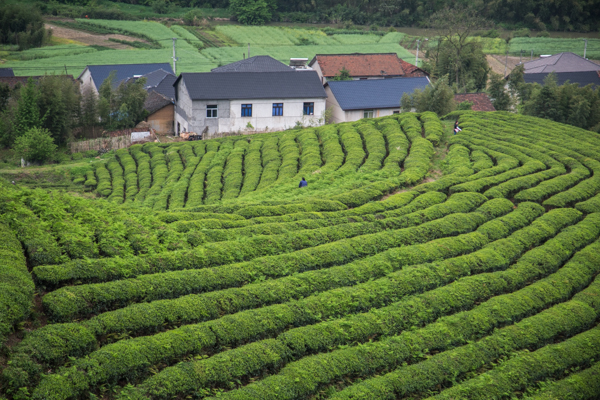
Joe holds a law degree from Wayne State University and worked as an attorney for a large firm in Detroit for eight years, but he became disillusioned with his legal career.
“It wasn’t until I saw the restless, fat, miserable person I had become through the eyes of my first daughter that I realized a change was urgently needed. I did not want that to be the father she grows up with, or for her to think that how I was living was a suitable way to live.”
It was this realization that led to the founding of Joseph Wesley Teas one year ago.
Uhl explains, “Tea — if you make time for it — can be your way to hydrate, medicate, and caffeinate; but more importantly, it can act as a vehicle to help you slow down and connect or reconnect you with what and who you enjoy.”
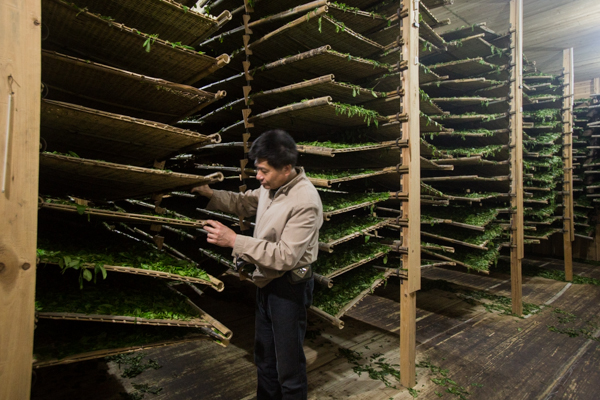
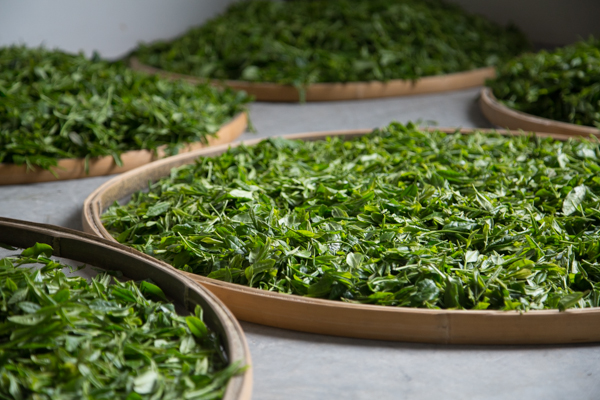
During our trip through China, Joe and I visited the places from where he sources Joseph Wesley Teas — tea gardens and manufacturing facilities in the cities and villages of Hangzhou, Fuding, Bai Lin and WuYi Shan. We sampled the recent harvests of green, black, and white teas and learned about the specific processes and care that go into making great teas.
Of the many memories I formed on this trip, one moment stands out.
After hiking up the Wuyi Mountains, an area known for producing some of the best Oolongs, we were taken to a nearby village and introduced to a tea farmer who for years has climbed steep mountainsides to pluck tea leaves from wild bushes. He invited us into his home for Gongfu Cha, a Chinese tea ceremony.
Since we were on our second week of traveling in China, Gongfu Cha was nothing new to us. Yet while I was sitting in a dark room in this stranger’s house with the only beam of light coming in from a large bamboo sliding door off to our side, it dawned on me that we were participating in a tradition that has had a major influence on the development of Chinese culture.
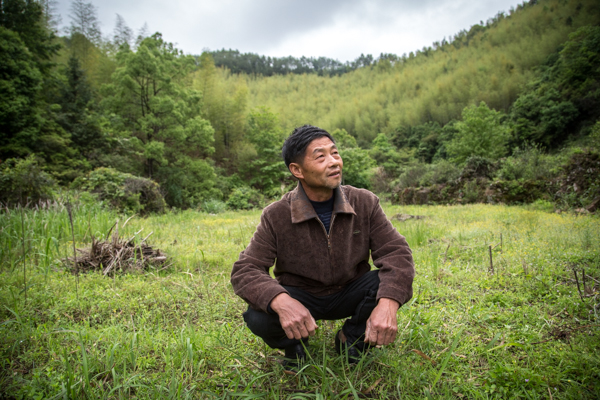
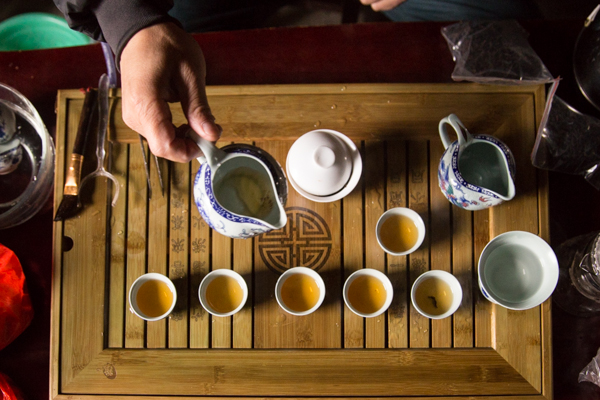
This realization led me to ask myself, “What traditions do we share collectively that continue to influence the development of Detroit culture?”
I have lived in Michigan my whole life. I was born in Highland Park and spent my formative years in Chaldean Town on Detroit’s east side. Yet I couldn’t come up with a single cultural experience that collectively connects us to each other — as Detroiters or as a region — like the Chinese have with tea.
Baseball games? Cars? Not the same.
In China, sharing tea is integrated into every aspect of life — from doing business to casual interactions. The slurping of teas can be heard everywhere you go. The Chinese refer to the vessel with which they serve tea to guests as the Mother Pot — a source of goodness, hospitality, and warmth that nurtures. It’s this tradition that, as intended, helped precipitate those moments of familiarity and connection between cultures that we experienced in China.
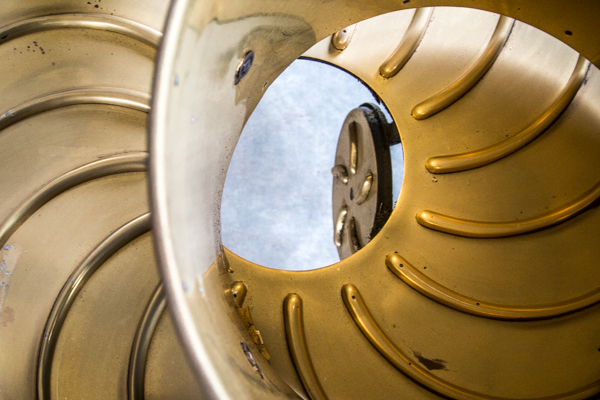
And herein lies the reason why it’s important to be open to each of our differences: simply experiencing other cultures helps to put our own lives and personal experiences into perspective.
That said, you do not need to travel to China to become enlightened. Fortunately for us, we can simply enjoy each other’s company over a delicious cup of tea. In fact, Joe Uhl’s mission with Joseph Wesley Tea is to bring this experience and tradition to you. He’s doing all the leg work, so all you have to do is make the time to enjoy.
For more insight into our trip and the process of tea making, visit the Joseph Wesley Tea blog and my instagram feed @marvinshaouniphoto.
All photos © Marvin Shaouni Photo www.marvinshaouni.com
Marvin Shaouni is Model D’s managing photographer.
